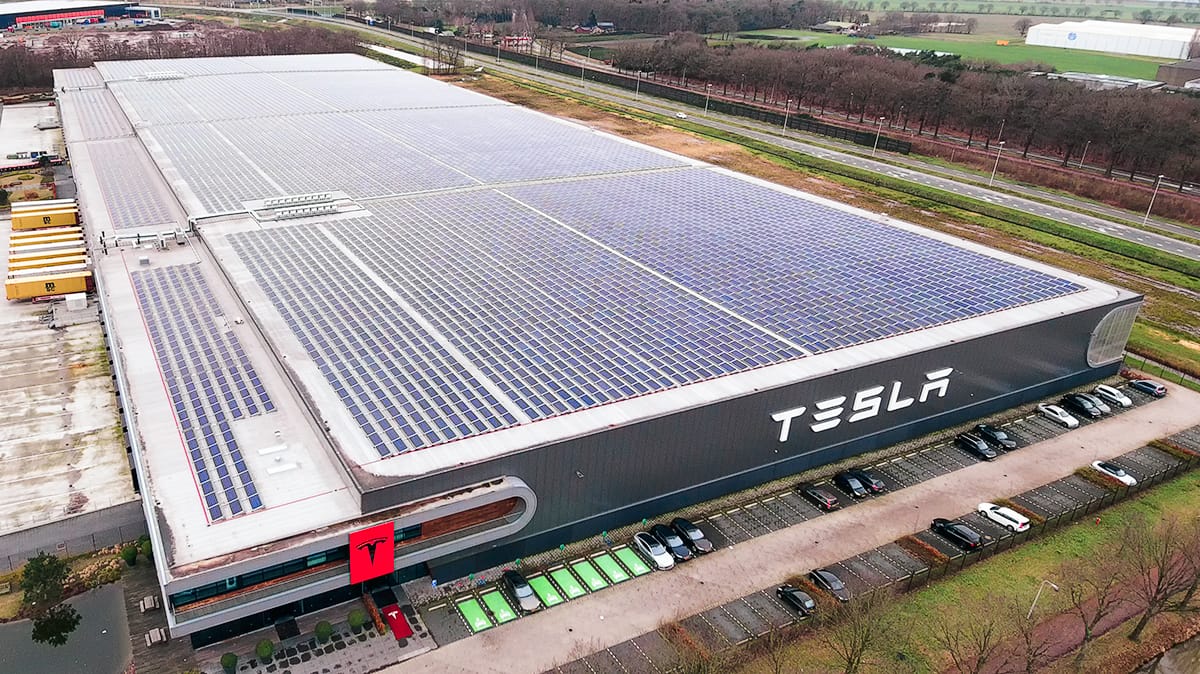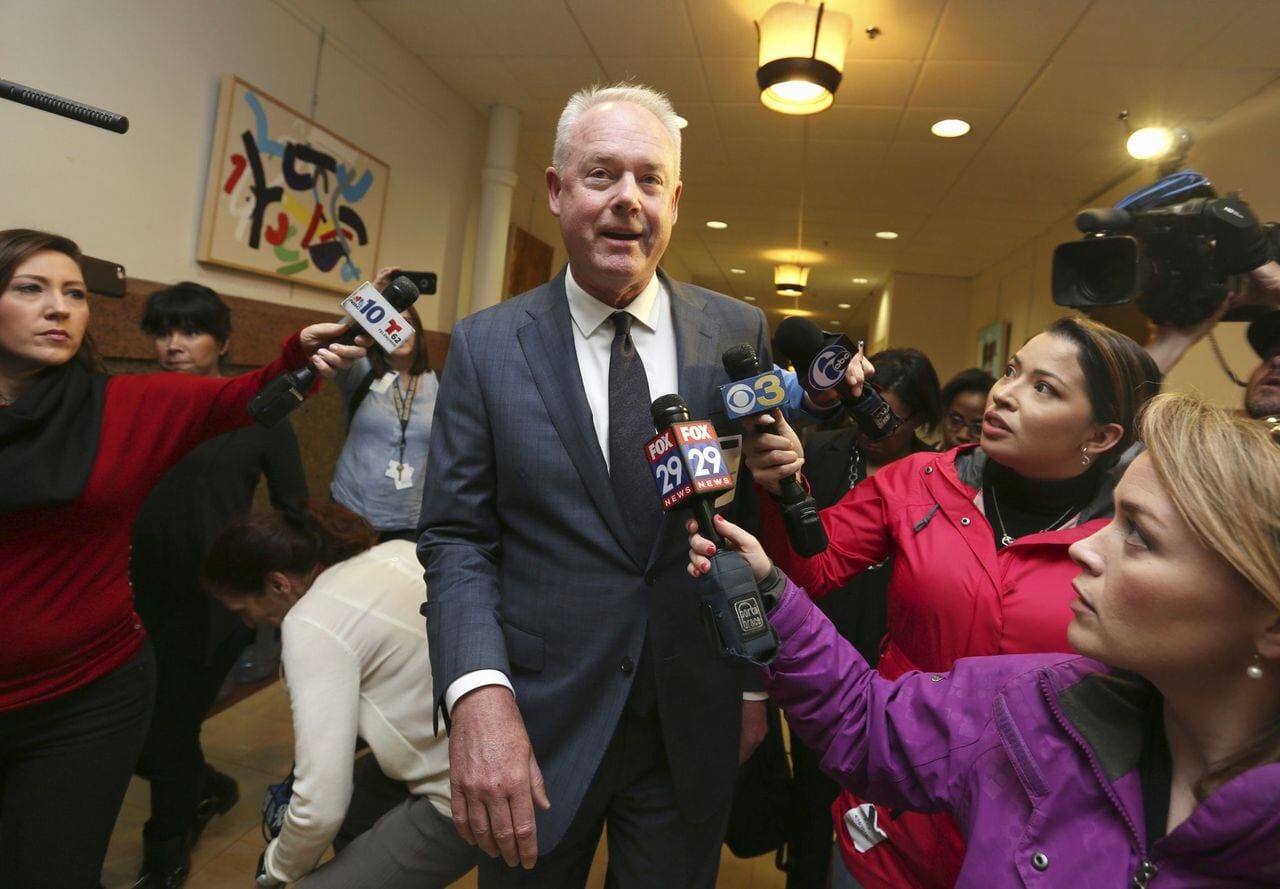Tesla Inc. has released its financial results for the fourth quarter, revealing a considerable drop in profits. The company’s reported earnings show a decrease of over 70 percent compared to the fourth quarter of the previous year, a significant shift that has drawn attention from analysts and investors. The decline in profitability can be attributed to several key factors that have influenced Tesla’s operational landscape in recent months. Increased costs associated with production have played a role in the profit reduction. These costs stem from various areas, including the price of raw materials and components used in vehicle manufacturing. Furthermore, fluctuations in currency exchange rates may have impacted profitability when earnings in foreign currencies are converted back to the reporting currency. Tesla’s decision to implement price adjustments on some of its vehicle models also had an impact. While strategic in nature, these price cuts, aimed at stimulating demand and increasing market share, have consequently affected the company’s profit margins. The automotive industry is currently undergoing a period of intense competition, and Tesla is operating within this complex market environment. This competitive pressure is coming from both established automakers and emerging electric vehicle manufacturers. This has contributed to the challenge of maintaining consistent profitability. The company’s financial results are typically examined closely by investors, who use the information to make assessments of the company’s future prospects and financial standing. The most recent quarterly earnings have been scrutinized in detail, as they provide an insight into the company’s performance and strategy. The results indicate a shift in Tesla’s profitability and indicate the complex dynamics the company is navigating. Tesla, in recent years, has undertaken several large-scale initiatives, including the construction of new manufacturing facilities and the expansion of charging infrastructure. These investments, which are critical for long-term growth, may also impact short-term profitability. The effects of these large scale projects on the financial performance are monitored by investors. The supply chain has presented a challenge to Tesla, as well as other automakers. Disruptions in the global supply chain have resulted in increased production costs and delays. These issues are closely observed and can influence the company’s overall performance. The demand for electric vehicles is influenced by a range of factors such as government incentives and customer sentiments. Changes in the market conditions and consumer preferences can have a direct influence on the overall demand and subsequently on the company’s financial results. Tesla continues to invest in research and development to improve its vehicles and technology. These investments are viewed as crucial for long-term success and can also affect short-term profitability. The company’s commitment to innovation and growth is taken into consideration when evaluating the recent quarterly results. The reduction in profits is not only a number on a financial statement, it has a wider effect on company stock value and overall market perception. The stock market reacts to news and investor expectations and the latest profit numbers can impact the performance. Tesla continues to implement its strategy as it navigates the complex environment of the industry. The company has consistently made changes to its operations and approaches in response to the market trends. The fourth quarter financial results offer insight into the company’s performance and how external factors influence its profitability. The company is currently adjusting to the new realities of the market and has to navigate a range of challenges while trying to maintain its profitability.
Tesla Reports Significant Profit Decrease in Q4



